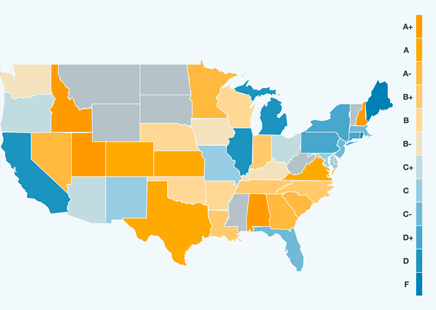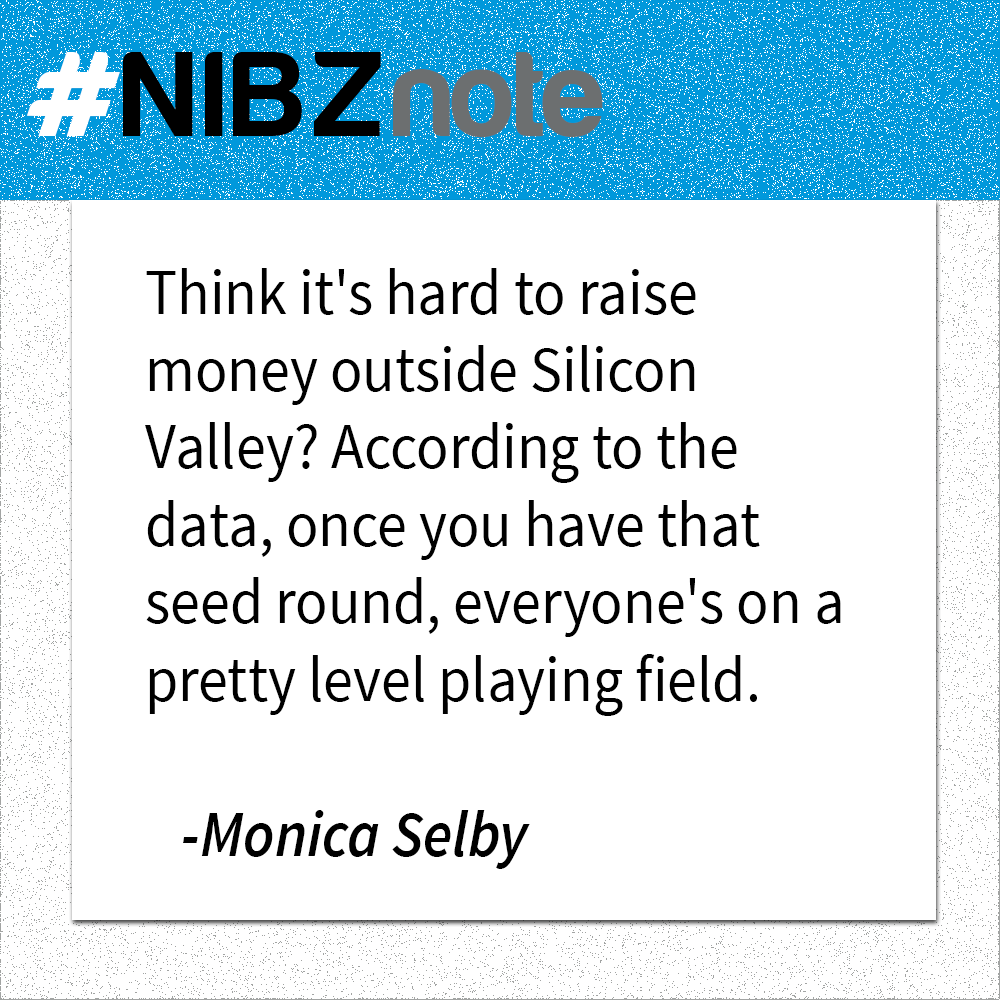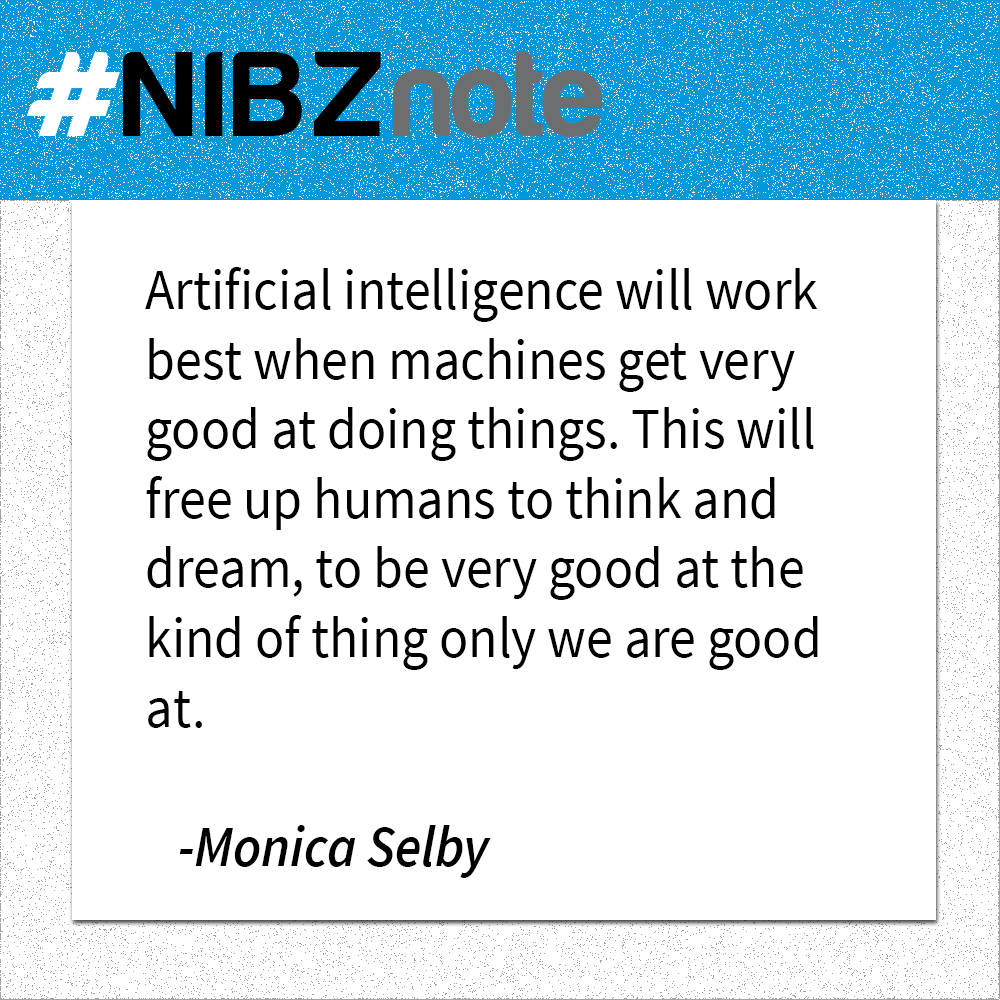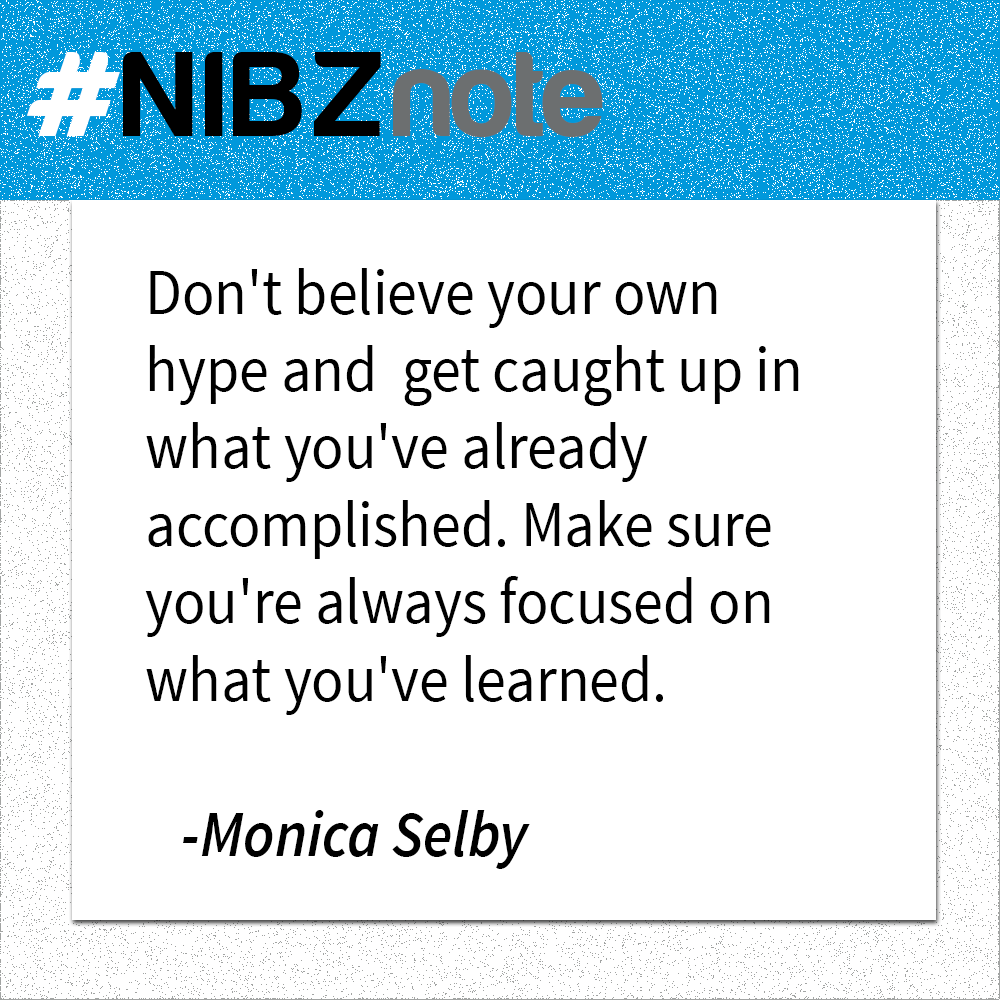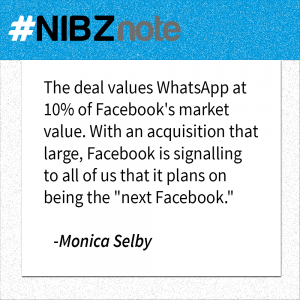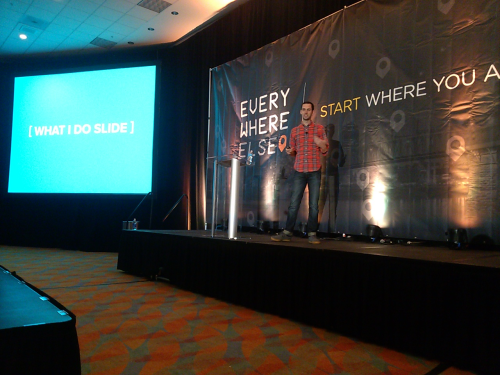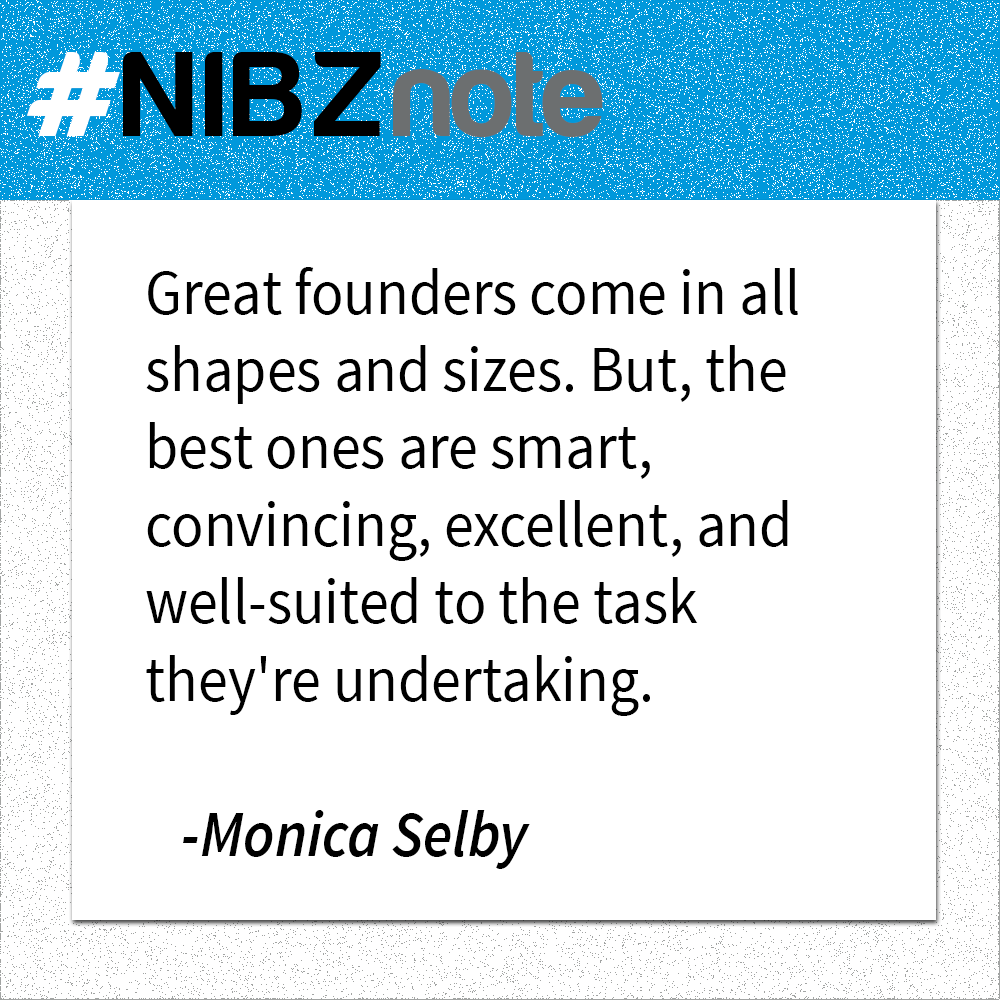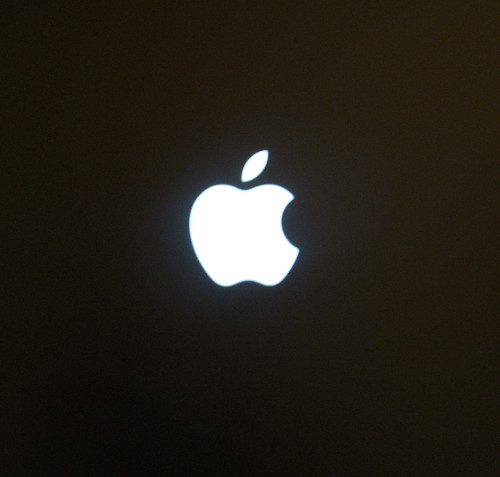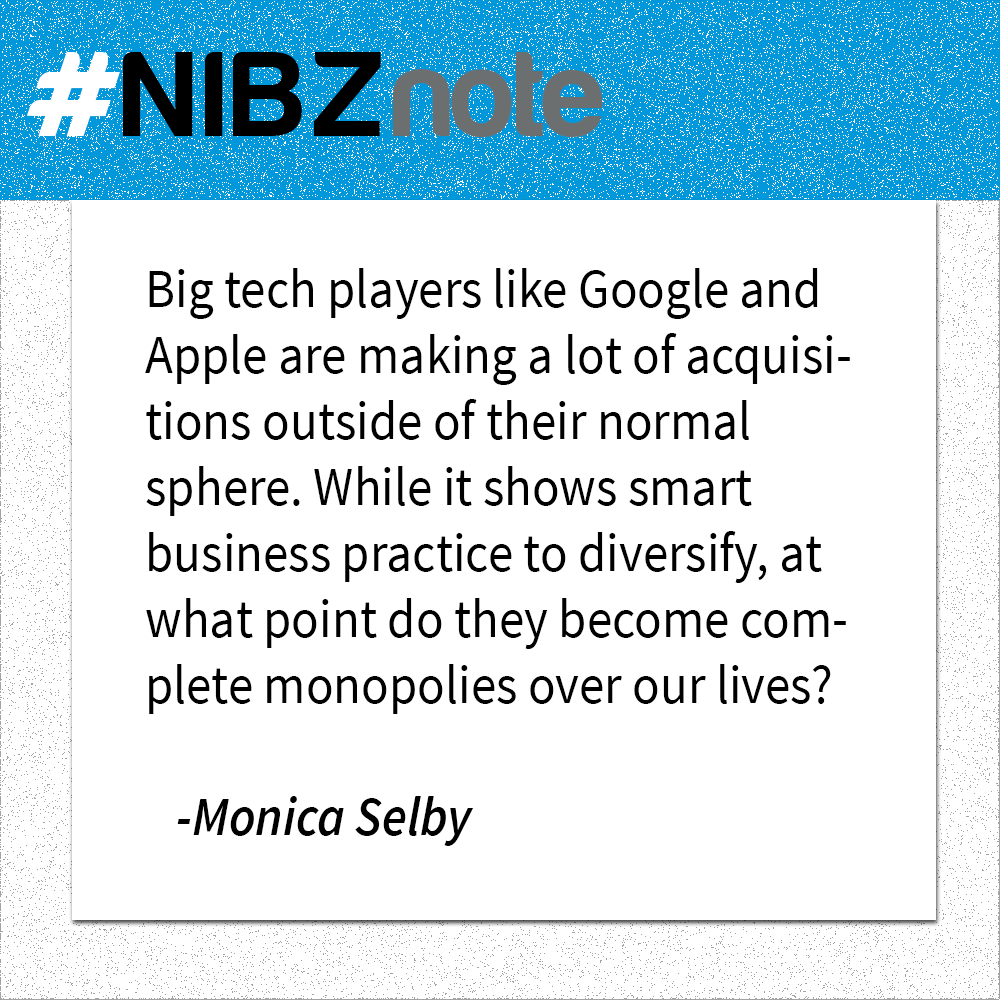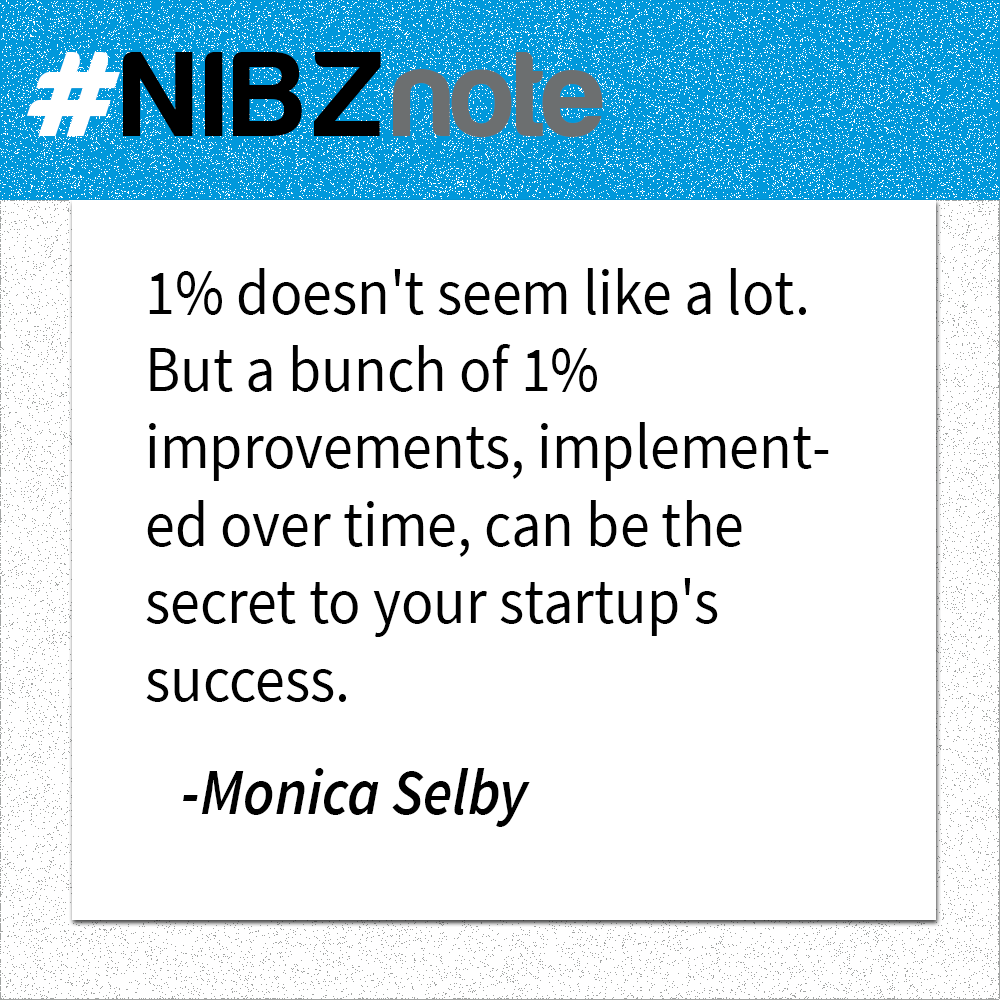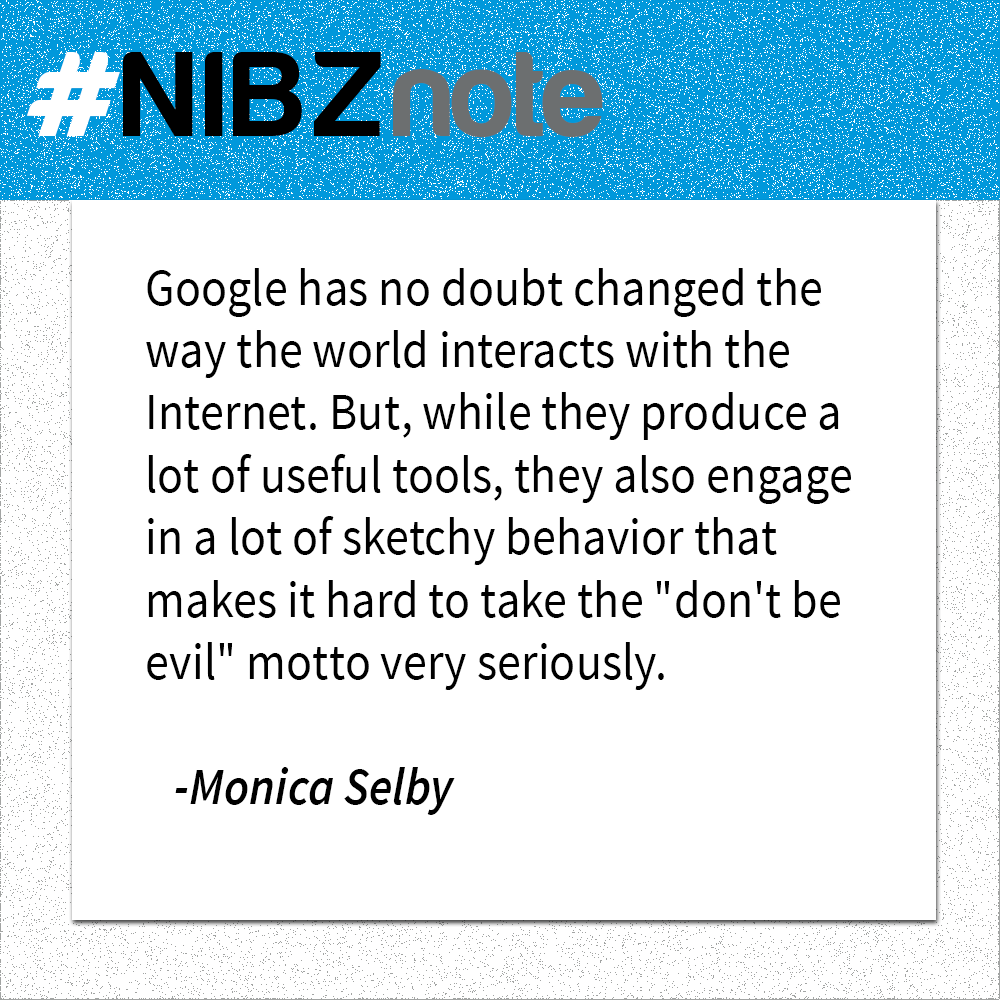From Mark Saldana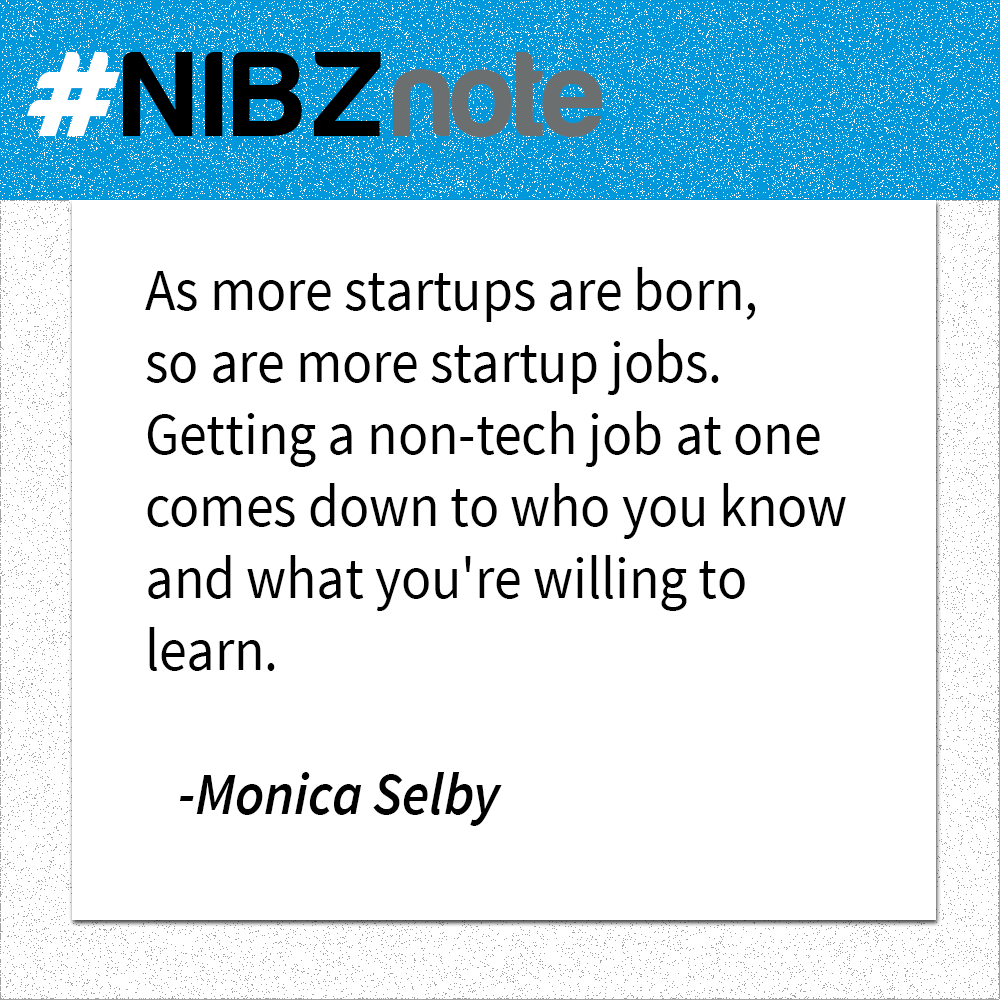
Joining the tech world might seem like a mysterious process, but I can assure that you don’t need magical powers, luck, or a blessing from Mark Zuckerberg to join a startup. Back in 2009, I was a completely non-technical recent grad (English Major, LOL) who didn’t know ANYTHING about startups. Somehow, I still managed to convince a now well-known file-sharing startup to hire me. If you don’t code or design, you probably won’t have the luxury of turning down offers from startups that are throwing themselves at you. But don’t let that discourage you; there are still plenty of ways to get a awesome startup to give you a chance. Here’s how:


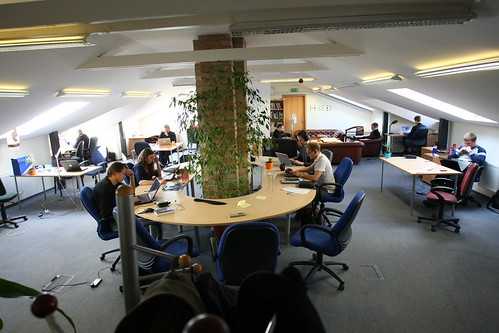


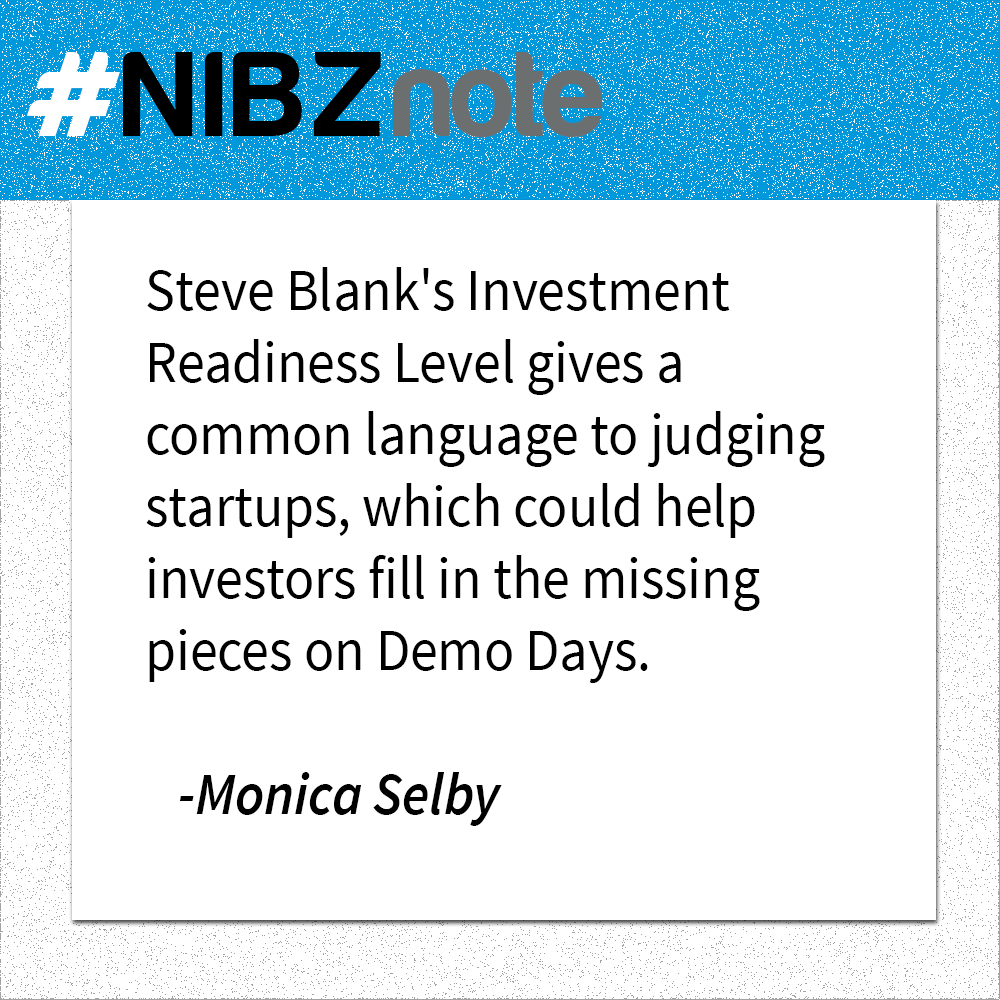


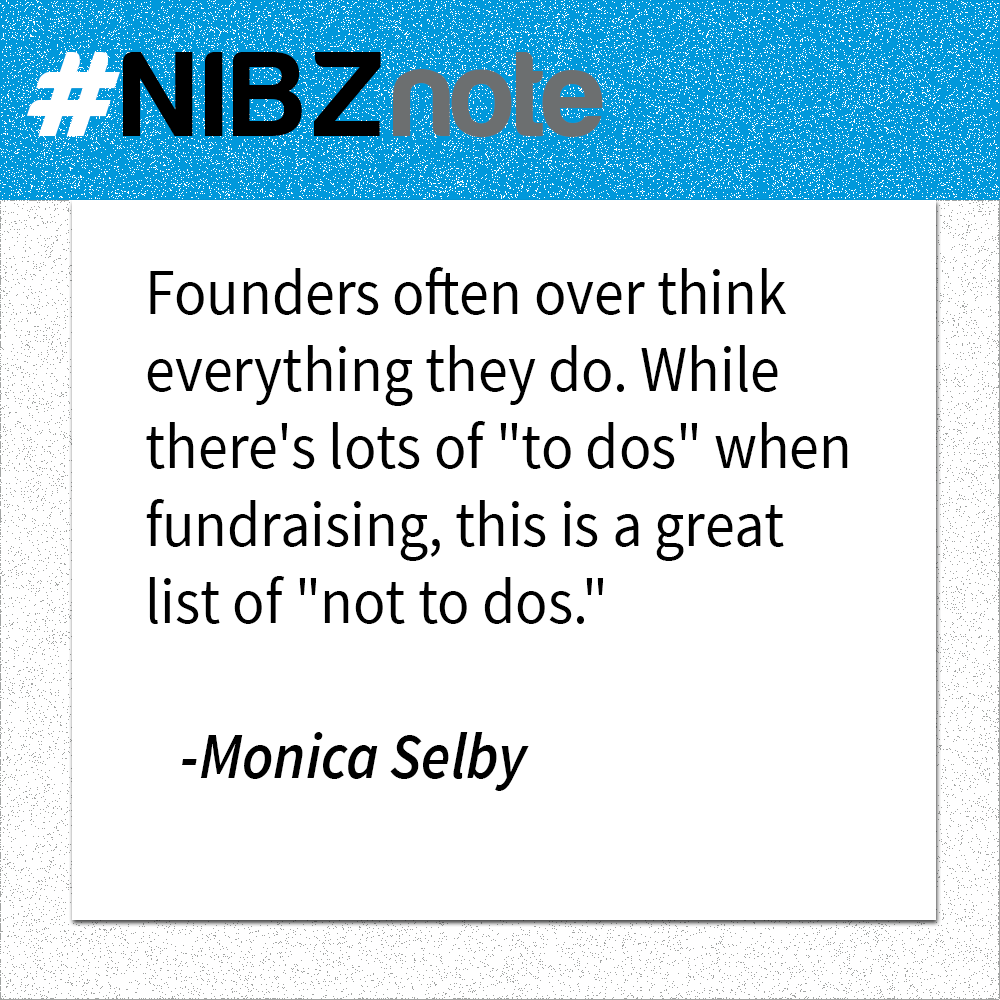


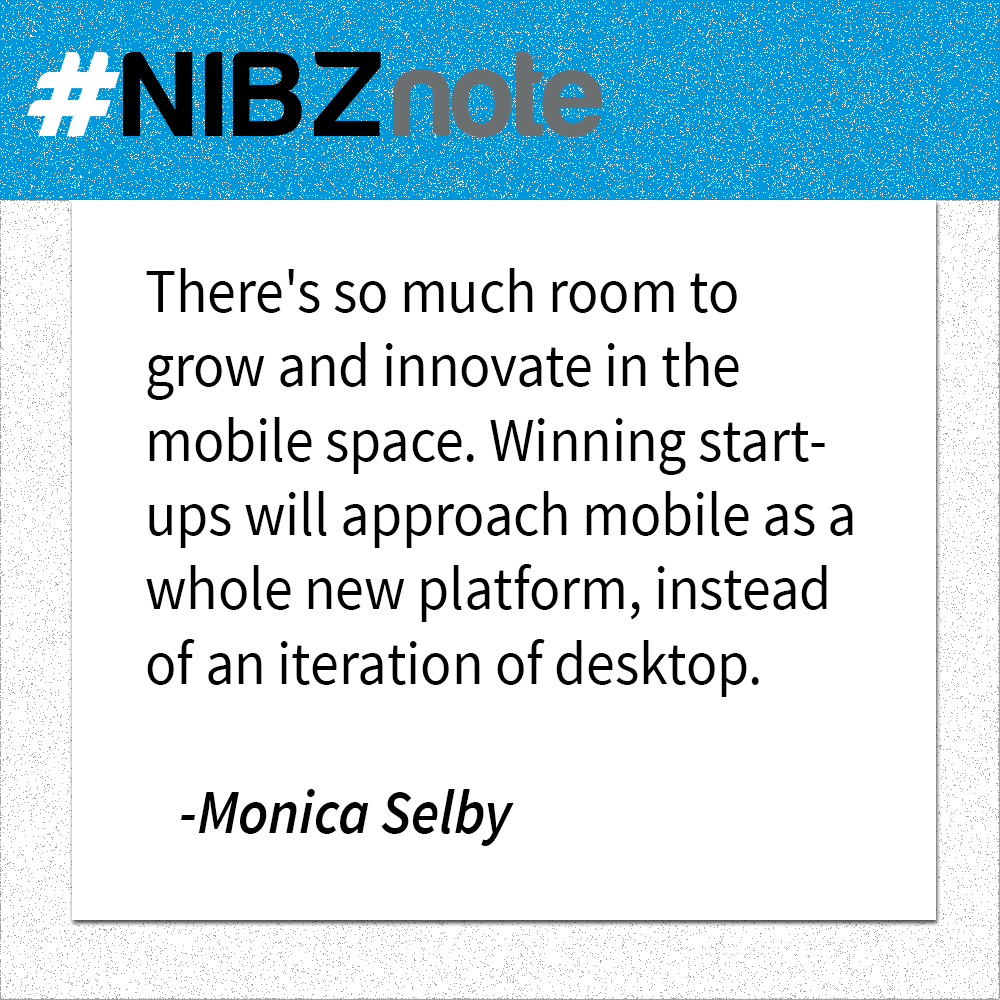


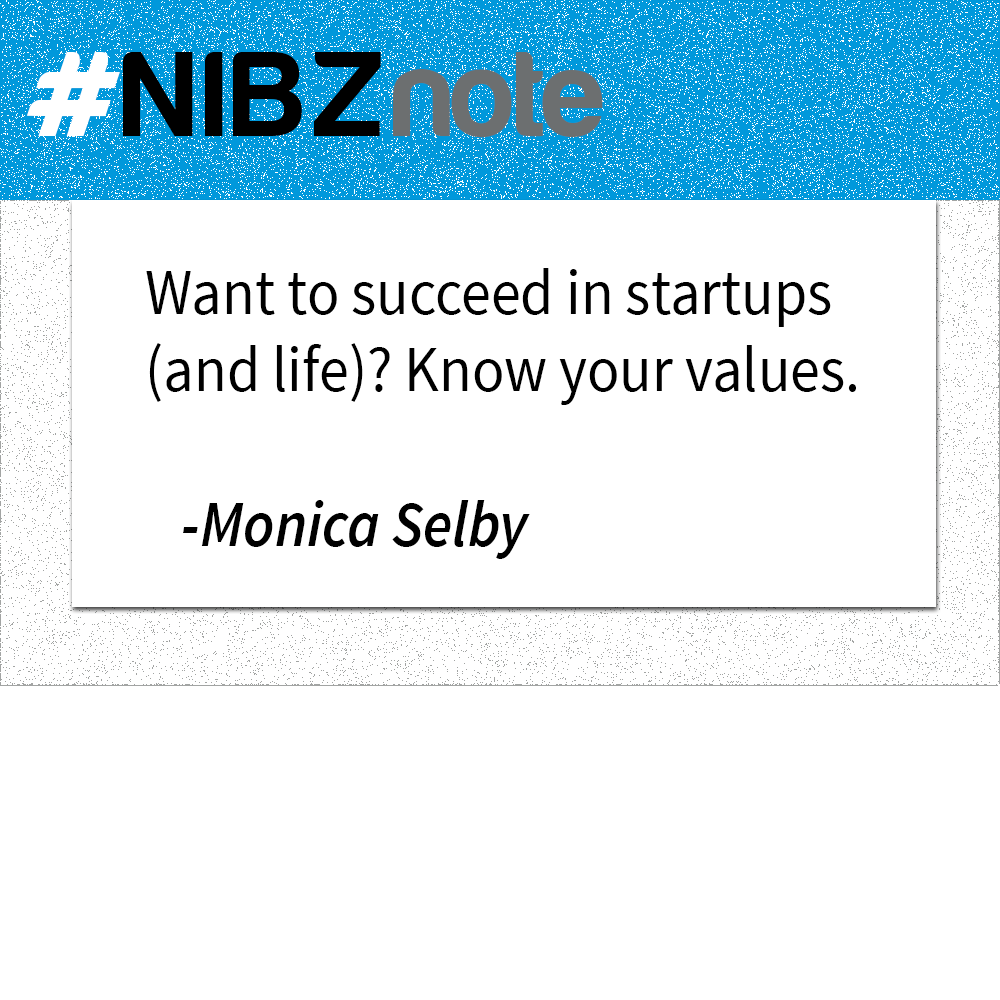


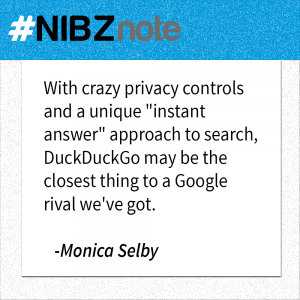 against Google? One way, he wagered, was by respecting user privacy. Six years later, we’re living in the
against Google? One way, he wagered, was by respecting user privacy. Six years later, we’re living in the 
